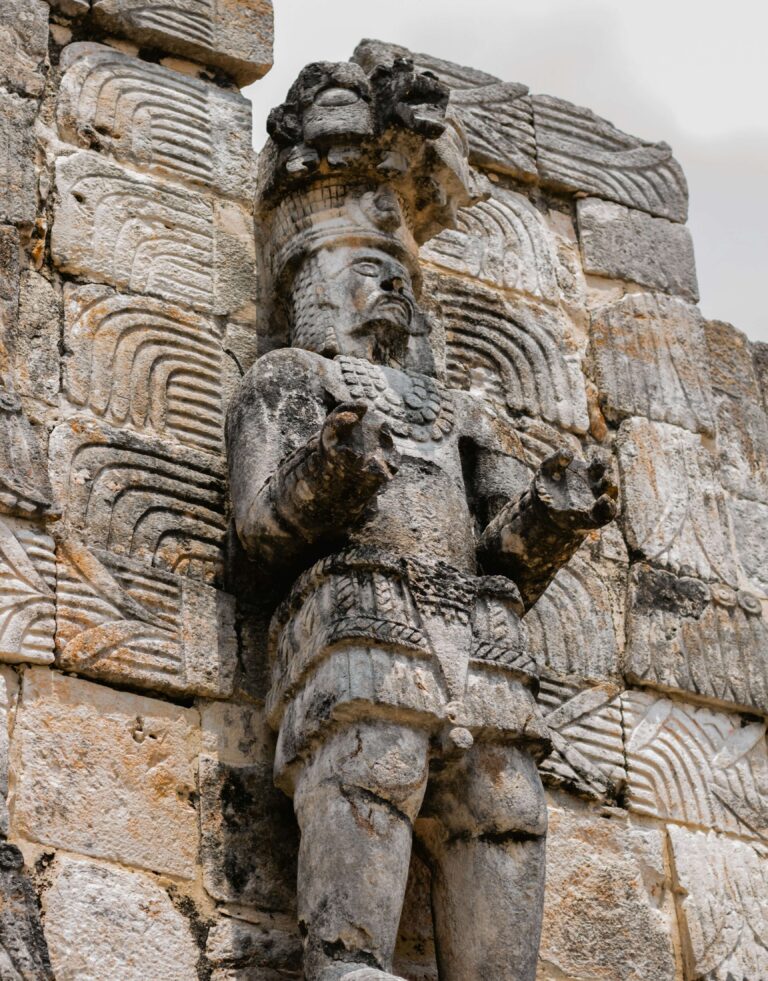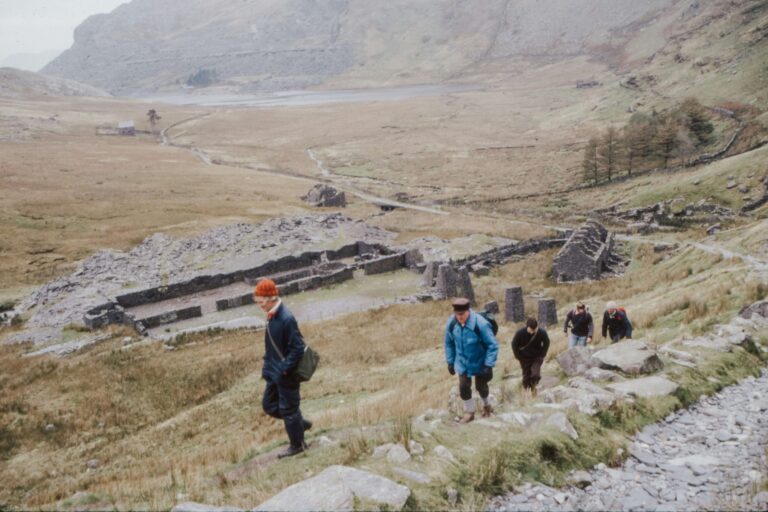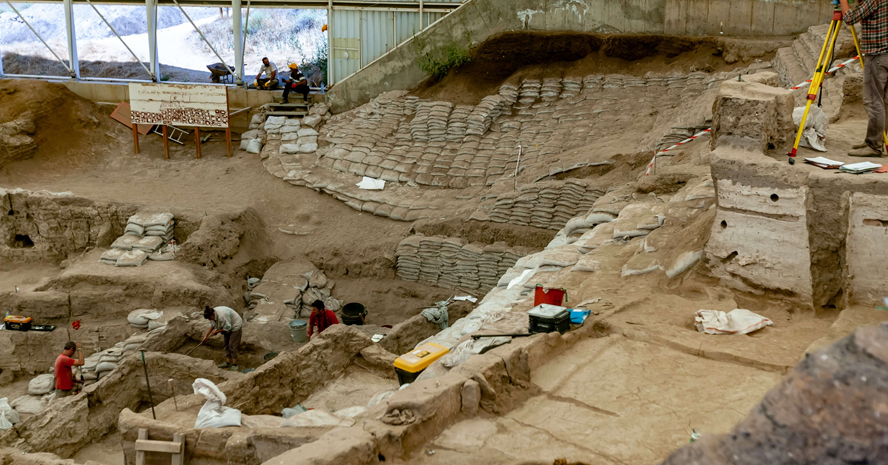When we think about archaeological excavations, it’s easy to romanticize the process—adventurers uncovering long-lost artifacts, revealing secrets of the past, and making groundbreaking discoveries. However, the reality of responsible archaeology is far more complex. One of the biggest challenges facing archaeologists today isn’t just securing funding for excavation itself, but ensuring that projects are ethically conducted from start to finish.
The True Costs of Archaeological Research
While excavation is a crucial part of archaeology, it’s only the beginning. Many people assume that funding a dig means covering travel, equipment, and salaries for archaeologists. In reality, a truly ethical excavation requires significantly more financial support. Once artifacts are unearthed, they must be analyzed, dated, stabilized, and properly curated—processes that can take years to complete. Radiocarbon dating, lab analysis, and extensive reporting are all necessary steps before findings can contribute to our understanding of history. Without proper funding for post-excavation work, an excavation can do more harm than good, disturbing sites without preserving their full historical value.
Additionally, many projects require institutional backing, permits, and detailed research plans to be approved by local or national authorities. These bureaucratic requirements exist to ensure that archaeology is conducted responsibly and that findings are preserved for future generations. Permitting agencies will only approve projects with a thorough research design, and obtaining these approvals requires time, expertise, and funding.

Crowdfunding and Archaeology: A Potential Solution?
Given the immense costs involved, could crowdfunding be a viable solution for supporting archaeological projects? The answer isn’t a simple yes or no, to be honest. While traditional funding sources—grants, university backing, and institutional support—remain crucial, there are cases where crowdfunding could help bridge financial gaps. Ethical crowdfunding initiatives could provide funding for under-supported research, site preservation efforts, and community-driven projects that might otherwise struggle to secure grants.
However, for crowdfunding to be truly effective, it must be designed to support the entire lifecycle of an archaeological project. This means ensuring that funds are allocated not just for the initial excavation but for the essential follow-up work that makes an excavation meaningful and ethical. Without a long-term funding strategy, even a well-intentioned project can end up damaging historical sites rather than preserving them. Our organization is set on overcoming these challenges while respecting the process.
Moving Forward Responsibly
For archaeology to thrive, funding models need to evolve while maintaining high ethical standards. A crowdfunding platform dedicated to archaeology like ours works because it provides ensures transparency, accountability, and comprehensive funding structures that go beyond just excavation. Whether through institutional support, public funding, or a combination of both, responsible archaeology must always prioritize the full process: from excavation to analysis, preservation, and education.
By understanding the real costs of archaeology, we can work toward a future where discoveries are not only made but also properly protected and shared with the world. Ethical funding isn’t just about getting a dig started—it’s about seeing it through to completion and ensuring that history is preserved for generations to come.


